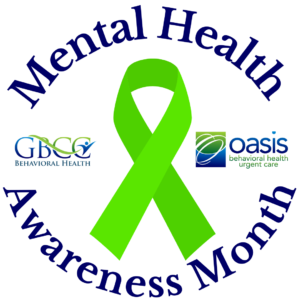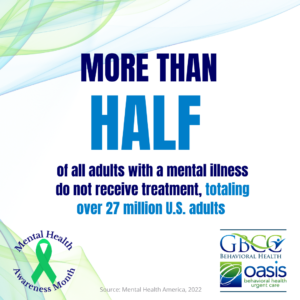Yoga for mind, body and mental health
Yoga is a world-renowned practice that is celebrated for its positive effects on stress and relaxation. Through breathing exercises, meditation, and physical positions for all different skill levels, yoga is a great practice for the mind and body to boost one’s mental health. Learn about some benefits and how your mental wellness will thank you for after you decide to roll out your yoga mat and find your zen.
Ways Yoga Improves Mental Health
- Relieves anxiety: Yoga can reduce your heart rate, respiration rate, and blood pressure, all in which can help ease anxiety, nerves and stress. You’re focused on the present, which allows you to clear your head and feel at peace. Yoga regulates your stress response system during this process, making it a great way to ease your mind and calm down.
- Increases concentration, focus, and memory: Yoga requires focus, which can help boost your concentration. Research has shown that those who practice yoga consistently score higher on brain fitness assessments. Another study showed that yoga can strengthen the brain’s executive functions, increase goal-directed behavior and habitual practices and control emotions. Yoga is a great way to increase routine and motivation in your life.
- Boosts your mood: Yoga has proven to have an anti-depressant effect on the brain because it decreases levels of cortisol, a stress hormone linked to depression. Plus, having a break from the outside world and focusing on the present moment is a great way to gain peace of mind during a stressful day.
How to begin using yoga for mental and overall health
On top of mental health, studies have shown that yoga can help decrease the risk of heart disease, reduce inflammation and chronic pain, and reduce migraine intensity.
Here are some resources to start your journey to find your zen:
- YouTube: Yogis such as Adriene Mishler, Jessamyn Stanley and Briohny Smyth have online classes and courses on Youtube, as well as many others.
- Apps: Universal Breathing: Pranayama, Track Yoga, Glo Yoga And Meditation, Down Dog, and 5 Minute Yoga are all free apps available in the Apple Store.
- Your local gym or yoga studio: Many gyms that hold group fitness classes offer yoga classes, and yoga studios are always welcoming new members to try out their beginning classes! Find the nearest program on the mind body app. Learn more: https://www.mindbodyonline.com















